Tatarstan considers the idea of returning to ration cards ineffective
The republic's deputies doubt the need to extend Kaliningrad’s experience of social support to Russia
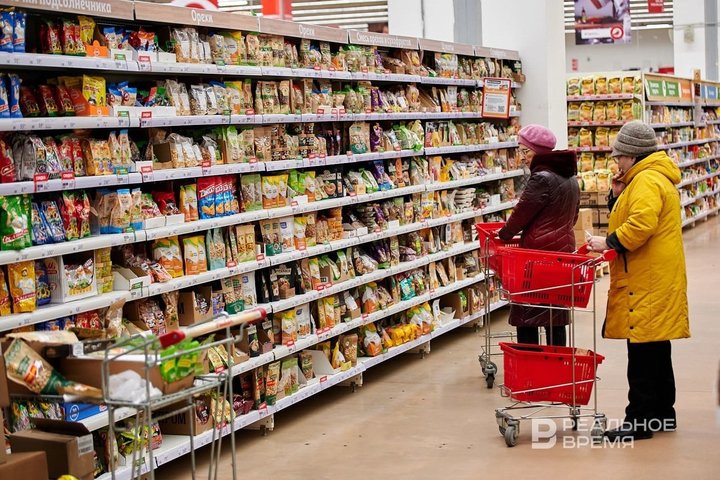
Head of the State Duma Committee on Financial Markets Anatoly Aksakov proposed extending the experience of Kaliningrad Region where it is planned to introduce food social cards in 2025 to the country. The idea is not new — in the modern history of Russia and Tatarstan, there have already been attempts to revive the ration card system tested in the 80-90s of the last century. Read about the prospects of the initiative, its strengths and weaknesses, as well as the assessment of the regions in a report of Realnoe Vremya.
Regions will be obliged to provide the minimum
Social ration cards will be introduced in the Kaliningrad Region from January 2025. Not everyone will be able to use them, but only socially vulnerable residents of the region — pensioners with an income below the subsistence level, possibly large families and other categories of low-income people. How exactly these cards will “work” and what their limit will be is still unknown. However, Chairman of the State Duma Committee on Financial Markets Anatoly Aksakov told journalists that the financing of this type of social support will be assigned to the regions.
The idea to introduce such a measure of social support was inspired by high inflation rates, at which the incomes of the low-income part of the population cease to cover even basic needs. Today, according to the Russian Statistics Service, 11.8 million residents of Russia have incomes below the subsistence level (15,679 rubles in the third quarter of 2024). In Tatarstan, such statistics have not been published, but it was reported that, according to data for November 2024, the poverty level — the share of the population with an income below the established official level, nearing the poverty line — in the republic is 4.6%.
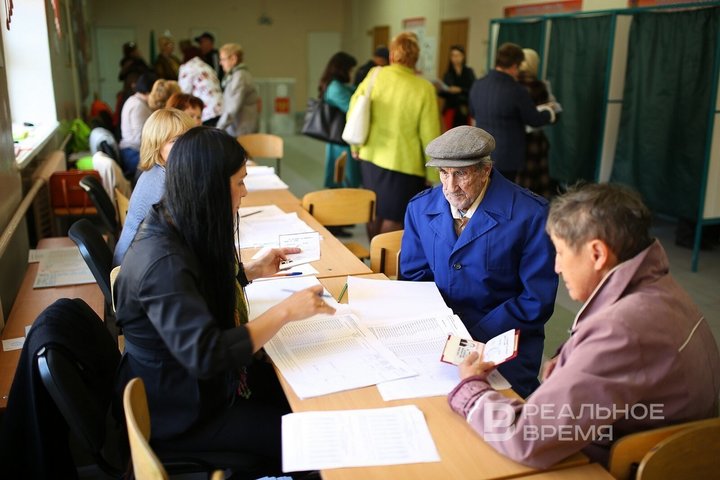
“Such an initiative has a sound basis, since people in need will in any case, under any circumstances, know that they are provided with the appropriate minimum of products, goods that they need to live,” Aksakov believes, supporting the initiative of the Governor of Kaliningrad Region Alexey Besprozvannykh.
It is assumed that the introduction of social ration cards throughout Russia will provide support to 18 million needy Russians.
“We are only talking about essential goods and medicines”

Indeed, the bill submitted to the State Duma in 2021 was aimed at targeted state social assistance to low-income citizens, whose number in 2020, in the context of the coronavirus pandemic, reached 19.6 million people, or 13.3% of the total population.
Nilov emphasised that the certificates, with the help of which it was proposed to “balance” the situation with income and expenses, have nothing in common with coupons, with the help of which in Soviet times the amount of goods sold to one person was regulated — today we are talking about sums of money that make it possible to purchase essential food products. He also stressed that it is impossible to spend the amount received on the certificate for other purposes:
“We are talking only about purchasing essential food products and medicines — neither alcohol, nor cigarettes, nor red caviar can be paid for with the certificate.”
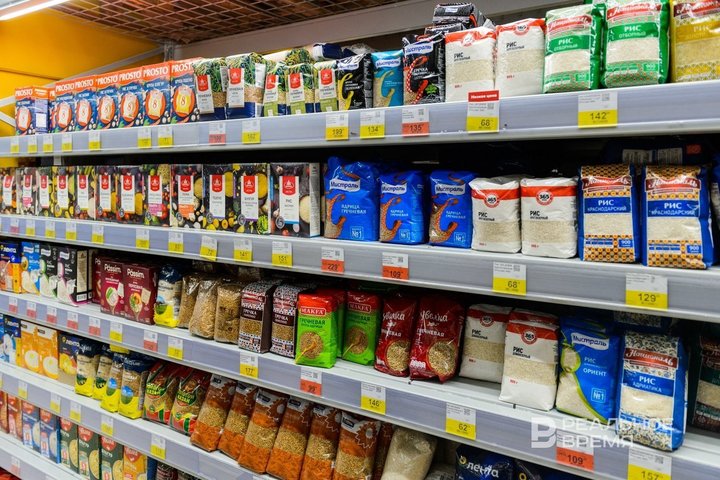
Yaroslav Nilov noted that the regions have experience of “natural” support — food packages and canned goods were given to the poor, but this does not solve the problem: some cannot eat canned goods for health reasons, some do not eat pork and other products for other reasons. But a monetary certificate, in his opinion, would suit everyone — although it gives the right to purchase very specific products, it leaves the buyer with a choice.
“Let's think about supporting citizens who are in need,” Nilov urged the audience. “Our inflation is high, with the key rate set by the Central Bank, it will probably grow, and the forecast inflation, which will be used to index pensions and benefits, is only 7.3%. Therefore, we need to support those in need.”
At the same time, the deputy believes that food cards cannot be “tied” to a specific supplier, retail chain or retailer, as is actually the case when providing assistance in the form of food packages — citizens must have a choice, and there must be competition between sellers. He drew an analogy with certificates issued to disabled people for the purchase of technical rehabilitation equipment — and the disabled person chooses the supplier himself, and the suppliers compete for the order.
“There is nothing good about the cards”
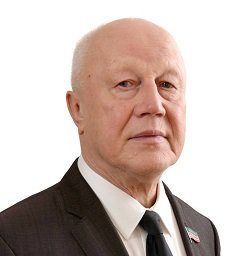
According to the Tatarstan deputy, there is no need to ration products in the republic, there is no problem of shortages, but the problem of inflation does exist, but not yet on such a scale as to introduce coupons to support the poor. However, Marat Galeyev did not rule out that in the future the rise in prices will have to be compensated in this way.
As for Anatoly Aksakov's initiative to spread the experience of Kaliningrad citizens to all of Russia, he noted that the proposal “may not be accepted yet.”
“Not the most effective method”
The initiative with ration cards is not new: the card system was introduced in Russia in 1917 under the Provisional Government and was abolished in 1921 with the advent of the new economic politics. Then they returned to it in 1929 and abolished it in 1935. The cards were introduced for the third time with the beginning of the Great Patriotic War and were abolished at the end of 1947. The cards were last introduced in 1977, and they were forgotten in the 1990s. In Tatarstan, they were used to sell butter, meat, vodka and cigarettes, and in the early 90s — pasta, confectionery, soap.
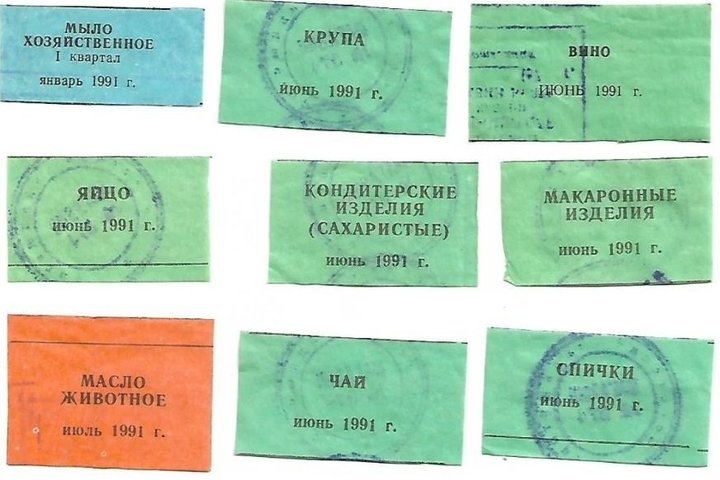
In recent times, in 2013, the Food Card project was launched in Kirov, aimed at supporting large families and local producers. About 2,000 families received food products produced in the Kirov region with cards.
Tatarstan had experience of social support during the pandemic — when the free school meals due to children studying remotely were given out in the form of a food set.
“Not all of our parents came for it,” head teacher of one of the Kazan schools told Realnoe Vremya anonymously and expressed their opinion on the advisability of introducing food certificates. “One of the mothers from a lower-income family told me that she does not take the bags of cereals, sunflower oil and frozen cutlets that she is entitled to: ‘The children at home do not eat these cutlets anyway.’ Someone took them, but criticised the quality of the products, saying that they were very cheap. Therefore, I doubt that budget money should be spent in this way, especially if the range of products that can be bought with them is strictly limited. It will turn out like with school lunches.”
